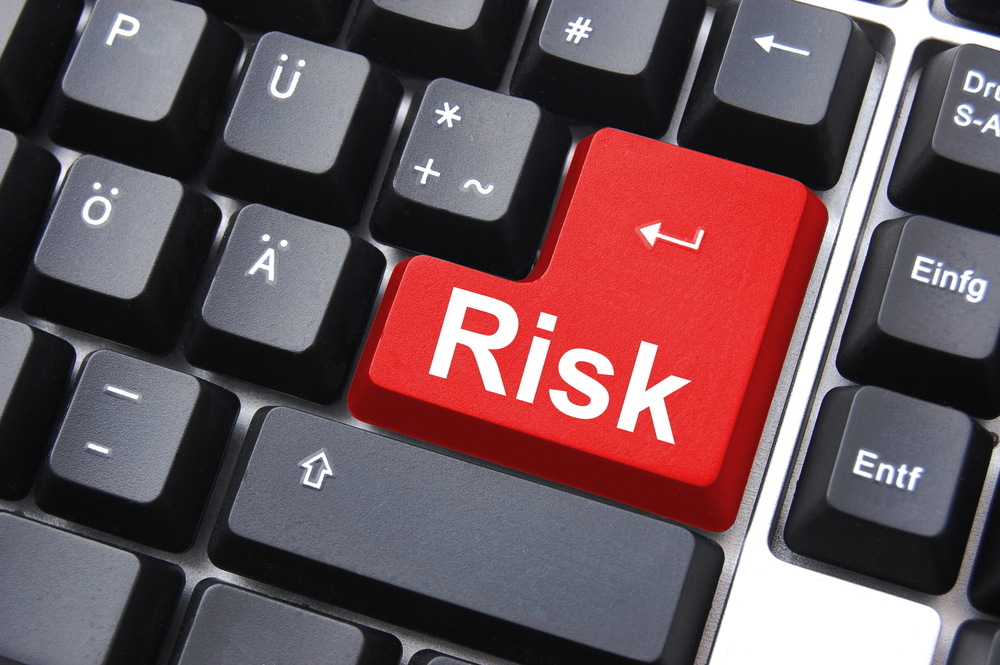You must be aware that investing is not a risk-free
activity. No matter which financial market you invest in, you’re still faced
with risks. These risks are inherent, meaning you can never remove them from
the equation.
And since these risks are inherent, you have no choice but
to try and control them. Controlling and minimizing these risks require many
things. But the first thing you should do is to know which risks greatly affect
your stock investments.
Let’s start digging into what these risks are. Read on and
start managing your risks better!
Risk 1: Commodity Prices
Commodity prices have swings, or (sudden) price changes, in
different periods in the market. Such swings can causes risks to your
investments.
Remember that the stocks you’re holding are representations
of ownership of a company. This means that whatever happens to the business will
affect your stock’s price.
To put it simply, companies that sell commodities stand to
gain something when commodity prices soar. On the flip side, companies that use
commodities as their material tend to suffer from soaring commodity prices.
That’s not to say that those companies that neither sells
nor use commodities are safe from this risk. In fact, all companies could all
well be affected. When commodity prices increase, consumers choose to cut down
on spending. This decreased spending affects the entire economy.
See also, Picking Stocks: 4 Things to Consider
Risk 2: Headline Risk
Headline risks simply refer to the influence that news has
got to the business whose stocks you are investing in.
Any negative news about a company can affect not only the
business itself but also the entire sector or industry. Consumers tend to become
wary not only about one business’s products or services. They also have stoked
concerns even with the business’s competitors.
Small, seemingly insignificant news can actually affect a whole
corporation and the ground it’s standing on. For the case of larger news, it
can affect not only an entire industry but also an entire economy.
Risk 3: Becoming Obsolete
Every company faces the risk of becoming obsolete, meaning
their business is no longer relevant to the market. When the company becomes
obsolete, that means there’s really no need for the company to run the
business; consumer demand is next to nothing; therefore it spells bankruptcy
for the company.
This will happen if the business tries to last in the market
without ever changing the way they make money. The company should always try to
keep up with the ever-changing landscape of consumer needs and demands.
Conclusion
The key to managing these risks is to have a very efficient
risk management style. Along with that, it is also equally necessary to know
and understand your risk tolerance, your trading personality, and the things
that will help you come up with an excellent investment strategy.
You may even conduct technical analysis and fundamental analysis
if you think they’ll help you avoid the risks discussed above. What matters
most is that you become disciplined and careful with your investments.
FSMSmart is here to provide you with the latest news updates about
market trends. Never miss out on news regarding forex, commodities, consumer,
financial, and technology here in FSMSmart!





